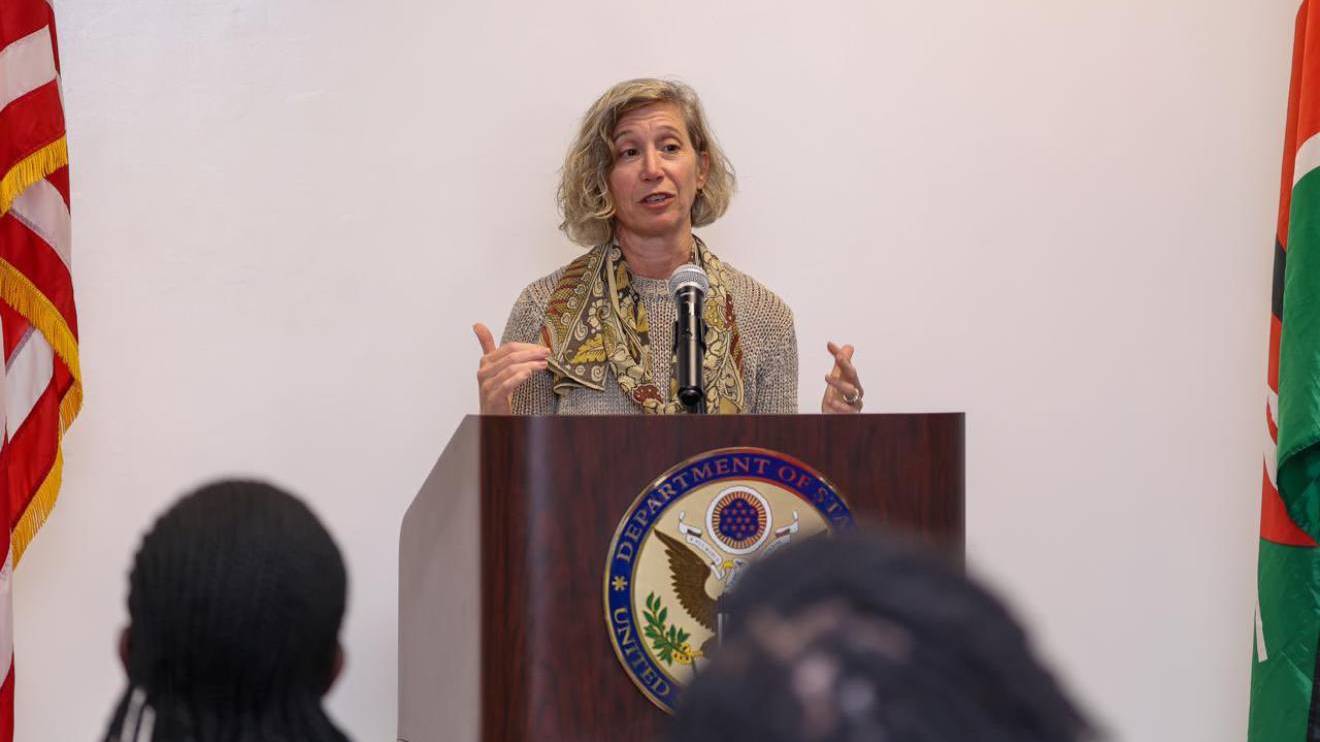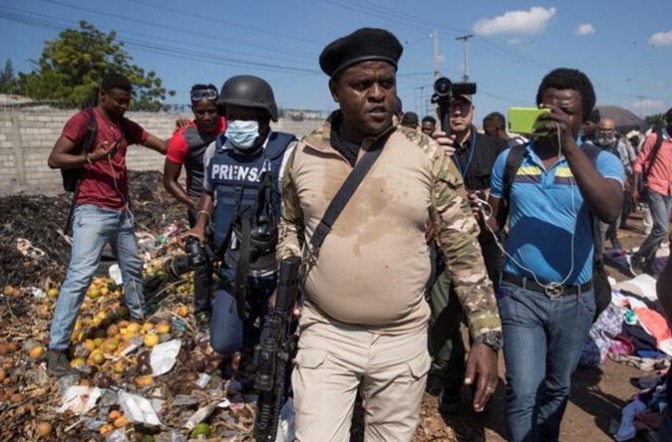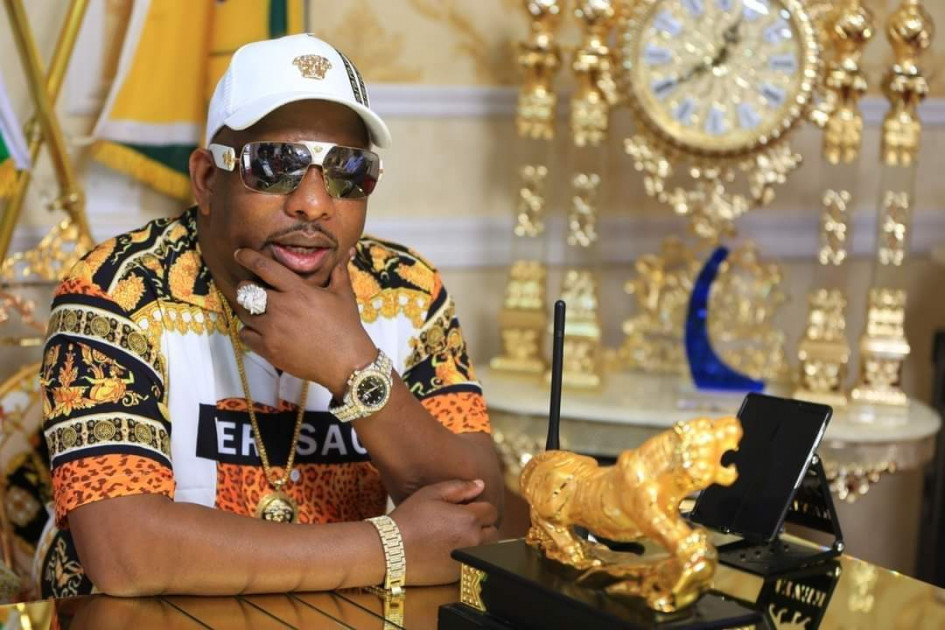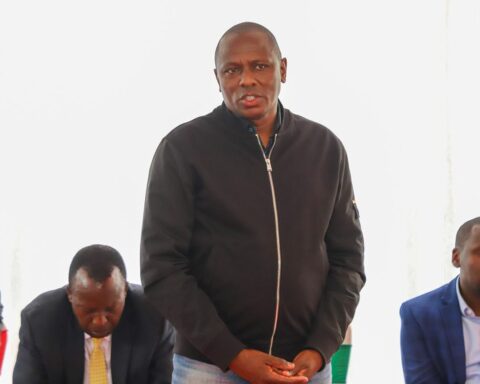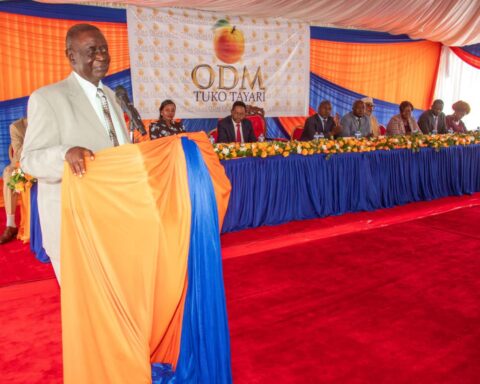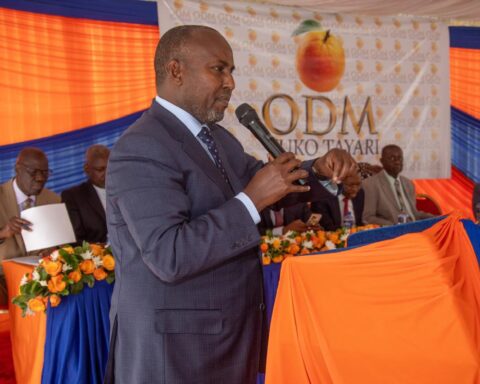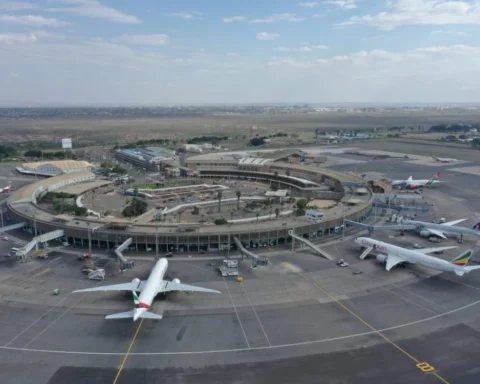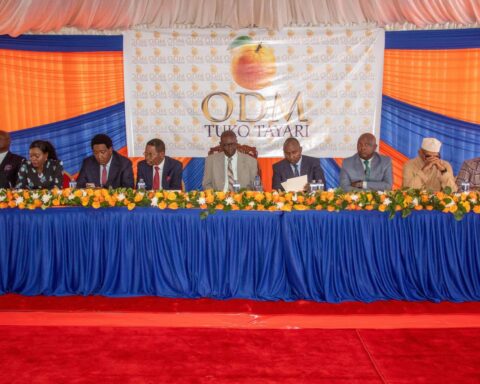Former Deputy President Rigathi Gachagua’s self-styled “tell-all” mission to the United States has collapsed under the weight of reality, as Washington publicly reaffirmed Kenya’s central role in its Africa policy — effectively dismissing his claims as political fiction.
On Monday, Acting US Ambassador Carla Benini met President William Ruto at State House, assuring him that “Kenya remains central to our US-Africa policy” and pledging deeper cooperation on security, trade, and climate change.
“When we do something in Africa, we do it Kenya first,” Benini said — a line that cut directly against Gachagua’s narrative.
Last week, the impeached former deputy president toured the US, accusing Ruto of dictatorship, human rights abuses, and even links to terrorism. Addressing diaspora gatherings, he claimed to hold evidence that would trigger sanctions on Ruto personally and offered to testify before the US Senate on Kenya’s non-NATO ally status.
Back home, Prime Cabinet Secretary Musalia Mudavadi blasted the remarks as “reckless and unpatriotic,” accusing Gachagua of “exporting tribalism abroad while fabricating tales to salvage his fading career.” Diaspora reactions ranged from sharp criticism to outright ridicule, with some calling his speeches “treasonous clownery.”
The US, however, gave no sign of entertaining Gachagua’s allegations. Benini’s meeting with Ruto focused on renewable energy — where Kenya has reached 90% generation from clean sources — and counterterrorism cooperation. Analysts say the optics show Washington standing firmly with Nairobi’s leadership.
“Gachagua’s gamble has backfired,” one senior diplomat said. “He went abroad to weaken Ruto’s image, but ended up exposing his own political isolation.”
For a nation fatigued by political theatre, the episode offers a blunt reminder: in diplomacy, facts and partnerships endure, loud accusations rarely survive the first meeting behind closed doors.
